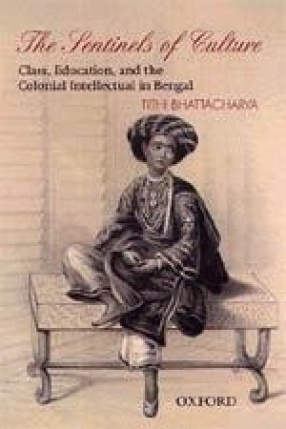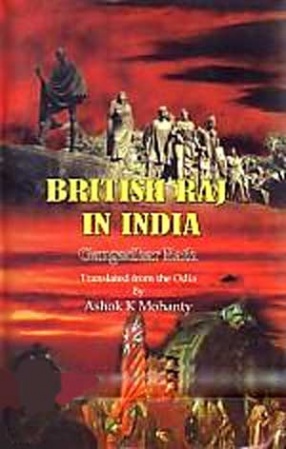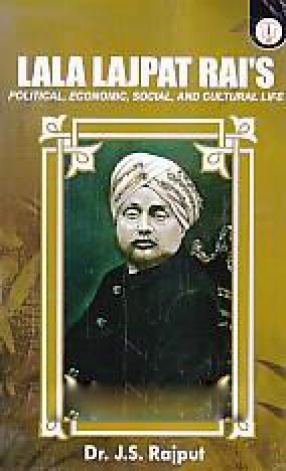Against the backdrop of current analyses of colonial Bengal — a majority of which examine the production of colonial culture — this book successfully poses questions that interrogate the centrality of culture and of education as one of its distinctive markers. Through her discerning grasp of fresh sources, Bhattacharya probes the enduring association, made both by academic writing and the non academic world, of the Bengali Bhadralok with a world of leaning and gentility. She explores the historical roots of this notion and accounts for the various social processes and institutions of modernity that provided the ideological structure for the development of this specific identity. The volume provides an urgent reassessment of the bhadralok as a historical category. Moving away from ‘cultural’ explanations, it provides a history of this influential social group in terms of the contemporary colonial economy and the ideological forms that it generated. It demonstrates how culture and education were fundamentally related to social and economic power. While scholarly works on nineteenth century Bengal and the bhadralok often simply describe the world of culture and education as an almost natural attribute to the bhadralok as a social group, this book provides a material framework for the insistent importance accorded to such social categories as education and culture. It simultaneously explores the specific developments in class formation in the colonial world. Empirically very rich, this monograph can be seen as a corrective to the existing historiographical trends in the area of nineteenth-century Bengal. As a study of the intelligentsia, The Sentinels of Culture will be of immense importance to scholars and students of colonial Bengal, and also to those readers interested in educational policies of the colonial period.
British Raj in India
$17.10
$19.00





There are no reviews yet.